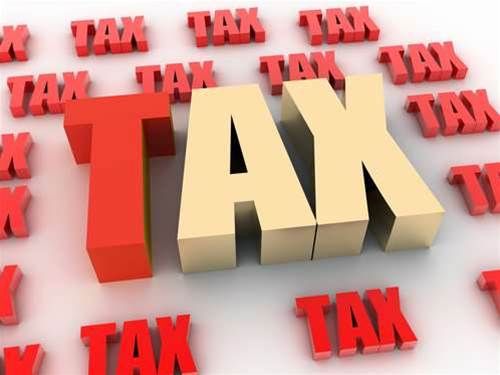VMware today announced it will scrap vRAM entitlements and return to per-processor licensing for its latest suite of data centre virtualisation products.

The software vendor has offered an olive branch of sorts to its largest customers - a free upgrade to a wider bundle of VMware products.
But what does the change mean for existing VMware customers that don’t necessarily feel the need to upgrade?
New bundles and upgrades
Before we discuss negotiating tactics, we need to look at how VMware intends to sell its data centre software into the foreseeable future.
Customers can continue to purchase vSphere 5.1 licenses at current list prices, without having to pay the vRAM tax. (vSphere Standard at US$995 per core or US$1995 per core with Ops Management, vSphere 5.1 Enterprise at US$2875 per core and vSphere 5.1 Enterprise Plus at US$3495 per core.)
But in order to remain ahead of challenger Microsoft, VMware is also bundling far more of its advanced (and usually most expensive) products with vSphere under the moniker of 'vCloud Suite'.
The company has announced three all-in-one ‘vCloud Suites’ (in Standard, Advanced and Enterprise flavours) that bundle some of these wares into one SKU.
The Standard suite is offered at a RRP of US$4995 per core, and bundles vSphere 5.1 with VMware’s vCloud Networking and Security (vCNS, formerly known as vShield) and VMware’s provisioning software, vCloud Director (vCD).
The Advanced suite is offered at a RRP of US$7495 per core, and bundles the aforementioned products with vCenter Operations (Advanced).
The Enterprise suite comes in at US$11,495 per core and bundles the aforementioned products with vCenter Operations (Enterprise), Site Recovery Manager (for disaster recovery, replication) and AppDirector (for provisioning across public and private clouds).
The vendor has also advertised a special offer to appease its largest customers.
Those with vSphere Enterprise Plus licenses can upgrade free to the base vCloud Standard suite, or upgrade to the two more expensive suites (vCloud Suite Advanced and vCloud Suite Enterprise) at a 35 percent discount. This special offer expires at the end of the year.
How about a vTax return?
But what’s in it for those customers that don’t wish to upgrade to the new bundles? Not all customers are ready for (nor interested in) shifting workloads between internal and external clouds.
In this case you might argue that you were overcharged for what can be purchased without the vTax today. Here's a scenario to illustrate:
Last year you purchased a perpetual license to vSphere 5.0 Enterprise for 100 virtual machines running on four CPUs, with vRAM requirements of 400GB. The vSphere 5.0 Enterprise Edition license was previously limited to 64GB of vRAM, so you would have had to purchase six or seven licenses to be compliant.
With the vTax scrapped, you would now only need to purchase four licenses to cover the same stack. So any relief that the vTax has been axed might well be matched by that horrible feeling that you were ripped off when you signed up last year.
VMware executives at this year’s VMworld conference spoke of their determination to appease any aggrieved customers.
VMware has developed (but not published) a set of “fair value conversion” scenarios for such customers to retain their loyalty – offering something in return for the additional licenses purchased.
What exactly is up for re-negotiation? That I can’t say. The 'fair value scenarios' are not published because customer agreements vary wildly.
From what I could glean at the conference, VMware is unlikely to stump up a genuine cash return – you will probably have more success arguing for a free license to an additional product or a service credit of some kind.
Affected customers would be wise to contact their VMware rep if they feel they have a case for “fair value conversion”.
But a word of advice: before you do, decide whether you genuinely require the vCloud Suite.
Did you notice that VMware only announced the scrapping of the unpopular tax on vSphere once there were new products available for upgrade?
They know how to turn a crisis into an opportunity.
What do you think is fair compensation for paying the vTax over the past 12 months?



_(28).jpg&h=140&w=231&c=1&s=0)

_(36).jpg&h=140&w=231&c=1&s=0)





 iTnews Executive Retreat - Security Leaders Edition
iTnews Executive Retreat - Security Leaders Edition
 iTnews Cloud Covered Breakfast Summit
iTnews Cloud Covered Breakfast Summit
 The 2026 iAwards
The 2026 iAwards












_(1).jpg&h=140&w=231&c=1&s=0)



